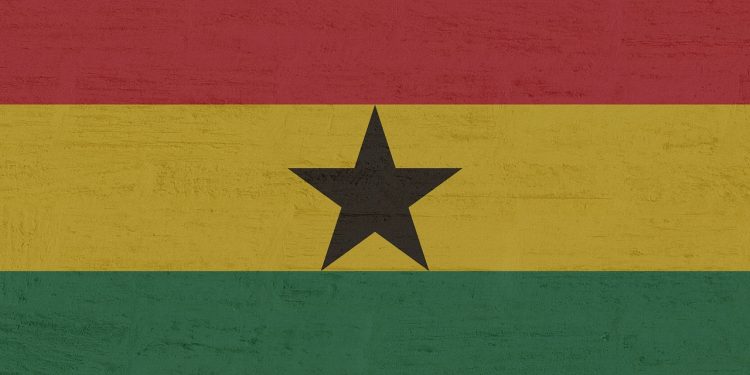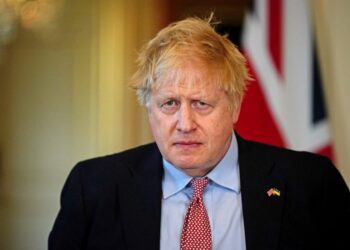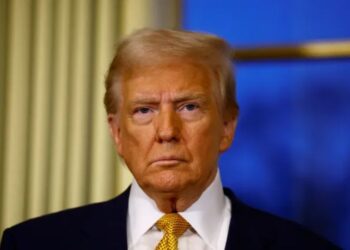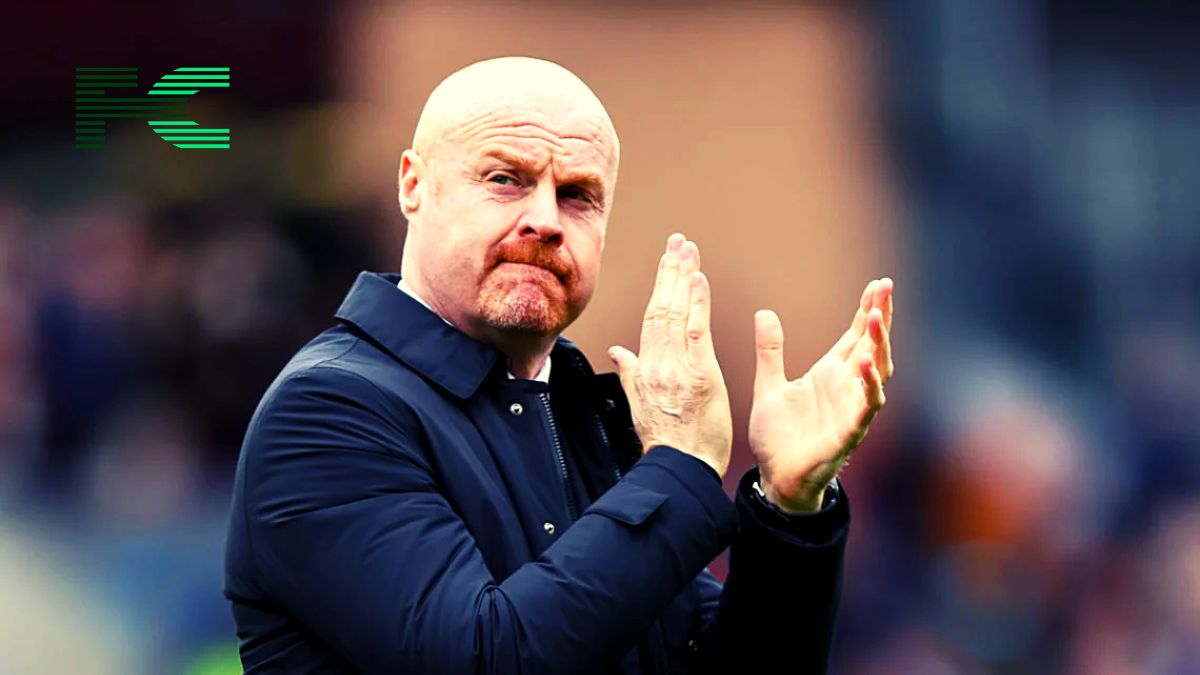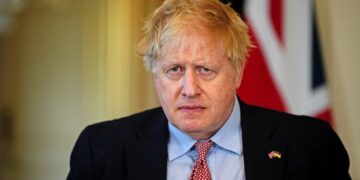The dismissal of Chief Justice Gertrude Torkornoo by President John Mahama is an understandably deeply troubling moment for Ghana’s democracy.
For the first time in the nation’s history, a sitting Chief Justice has been removed from office, a move that, while seemingly constitutional, reeks of political vengeance. This is not just about justice because it’s a chilling display of executive power designed to erode the independence of Ghana’s judiciary and intimidate its leadership. The government’s claim that it was merely following a recommendation from an inquiry committee ignores the highly suspicious and politically motivated nature of the entire process, which began with complaints from the very people who were her political opponents.
The Thinly Veiled Political Witch Hunt
The allegations against Chief Justice Torkornoo—including accusations of falsifying judicial records and misusing public funds for private travel—were dismissed as unfounded and politically driven by her legal team. This sentiment is shared by many critics, including the opposition New Patriotic Party, who rightly condemned her suspension as a witch hunt.

The fact that a similar petition was previously thrown out by a former president for having “several deficiencies” only reinforces the perception that the current administration was simply waiting for its chance to get rid of a judicial leader it had accused of bias. The swift and decisive outcome of the inquiry, despite the chief justice’s protestations and her challenge to the legal process in the ECOWAS Court of Justice, showcases a predetermined outcome rather than a fair and impartial investigation.
The removal of Justice Torkornoo sets a “dangerous precedent” for Ghana’s democracy. The security of tenure for judges, a cornerstone of any independent judiciary, has been fundamentally undermined. This action sends a clear and terrifying message to any future judge who might rule against the government in power: toe the line or face politically motivated accusations that could cost you your career.
What Happens Now
To prevent this from becoming the new norm, Ghana must act swiftly to restore faith in its battered legal system. First and foremost, a serious conversation is needed about what constitutes “stated misbehaviour” under the constitution. The current vague definition allows for the arbitrary use of power and must be clarified to prevent future political manipulation.
A constitutional review is essential to establish a more independent and transparent process for removing senior judges, perhaps by shifting the responsibility away from the executive to a genuinely apolitical body.
Ultimately, the long-term solution lies in strengthening institutions and fostering a political culture that respects the rule of law. Ghana’s future as a democratic nation depends on its ability to ensure that the judiciary is a truly independent third arm of government, free from the political whims of the day.

